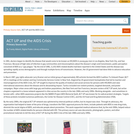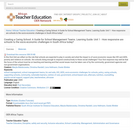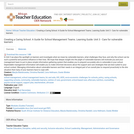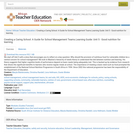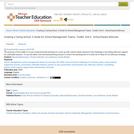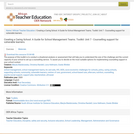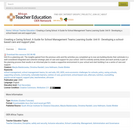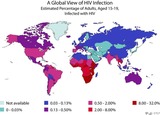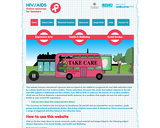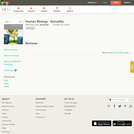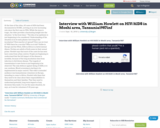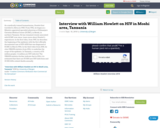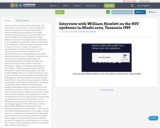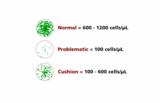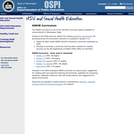Just 2 years later, Howlett is interviewed again. It is interesting to note how much understanding of the epidemic has grown in the 2 years since his first interview. Research and reporting is increasing. Howlett says that Tanzania has reported 2 500 cases thus far to WHO.
Focus is being placed on Public Education measures. It is beginning to be understood, to use metaphors, that AIDs cases represent just the tip of the iceberg for a disease that has an incubation time as long as 7-8 years, or longer. The epidemic is spreading from the main concentration of cases in urban centres, where there are high levels of promiscuity. Such areas with prostitution, travellers, mobile populations create “whirlpools” of infection and may have rates of infection in these high risk population groups more than 70%. The infection spreads from these urban nodes to rural areas, spreading in “ripples”, as travellers return home to their families.
A highly specific blood test has been developed to ensure safer blood supplies, although, Howlett explains, this is not a major transmission route in Africa.
Howlett says that the difference between the AIDs epidemic in Europe and Africa is largely cultural. In the West, he says, there is less promiscuity. In Africa, promiscuity is more tolerated, especially in “travelling” communities of truck-drivers and businessmen. Specific communities of sexual workers have become established in all urban centres. In a cycle of poverty, it may be the only choice available to many women. These women, Howlett explains, act as repositories, and the visiting men are the vectors spreading the disease along transportation routes and to their homes, in rural settings.
Howlett and his wife, Juliet, have become increasingly engaged in Public Education – holding talks in Public Meetings, developing education materials, reaching out to social leaders … However, he says that providing information is not enough to change behaviour – people have to understand the information and its implications for their lives and the lives of their family members.. Be responsible. Tests are available – get tested. Be celibate if you are HIV positive, or, at least, use a condom. All are equal before AIDs, he says. Nearly 100% of patients with AIDs die.
